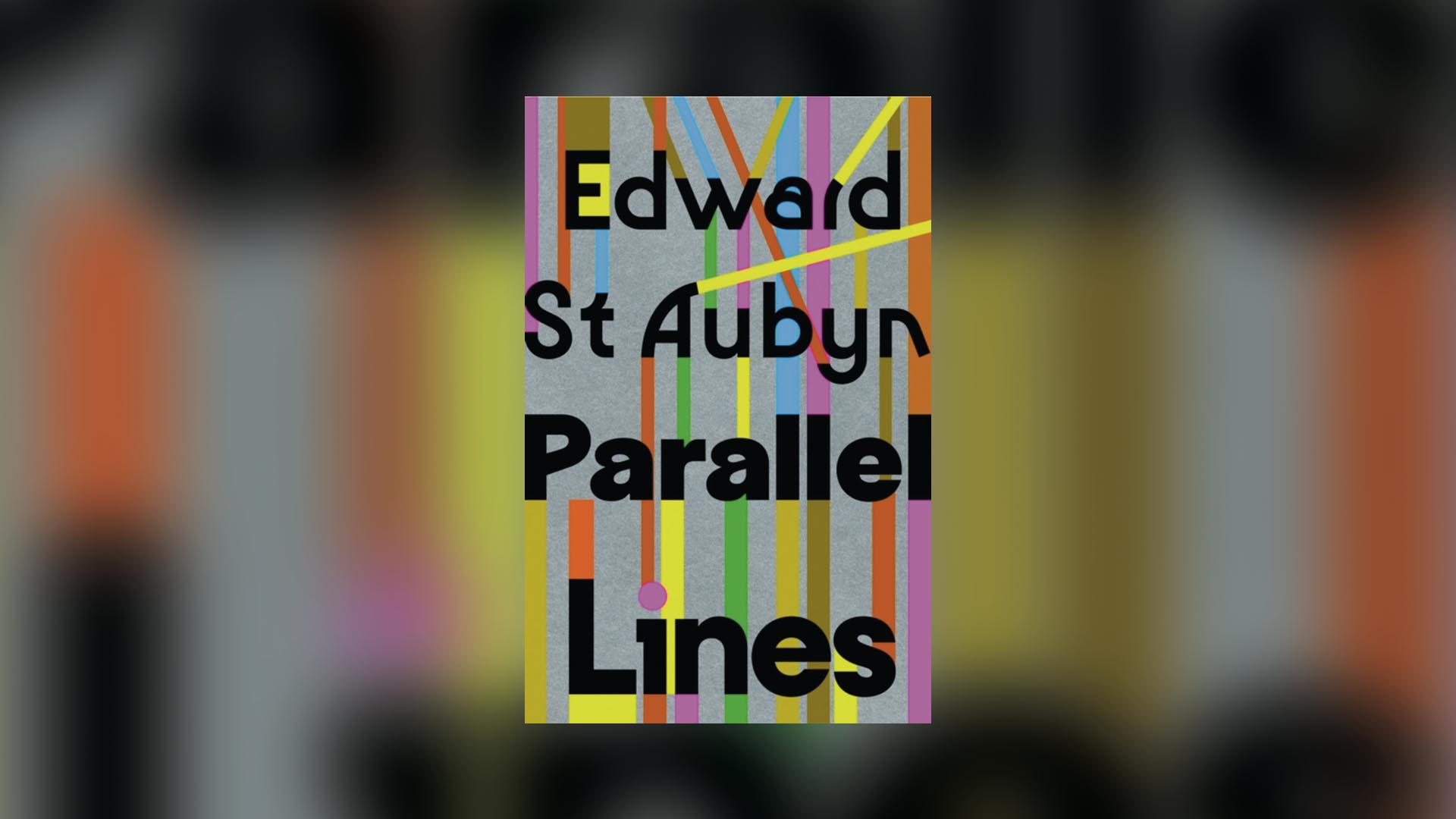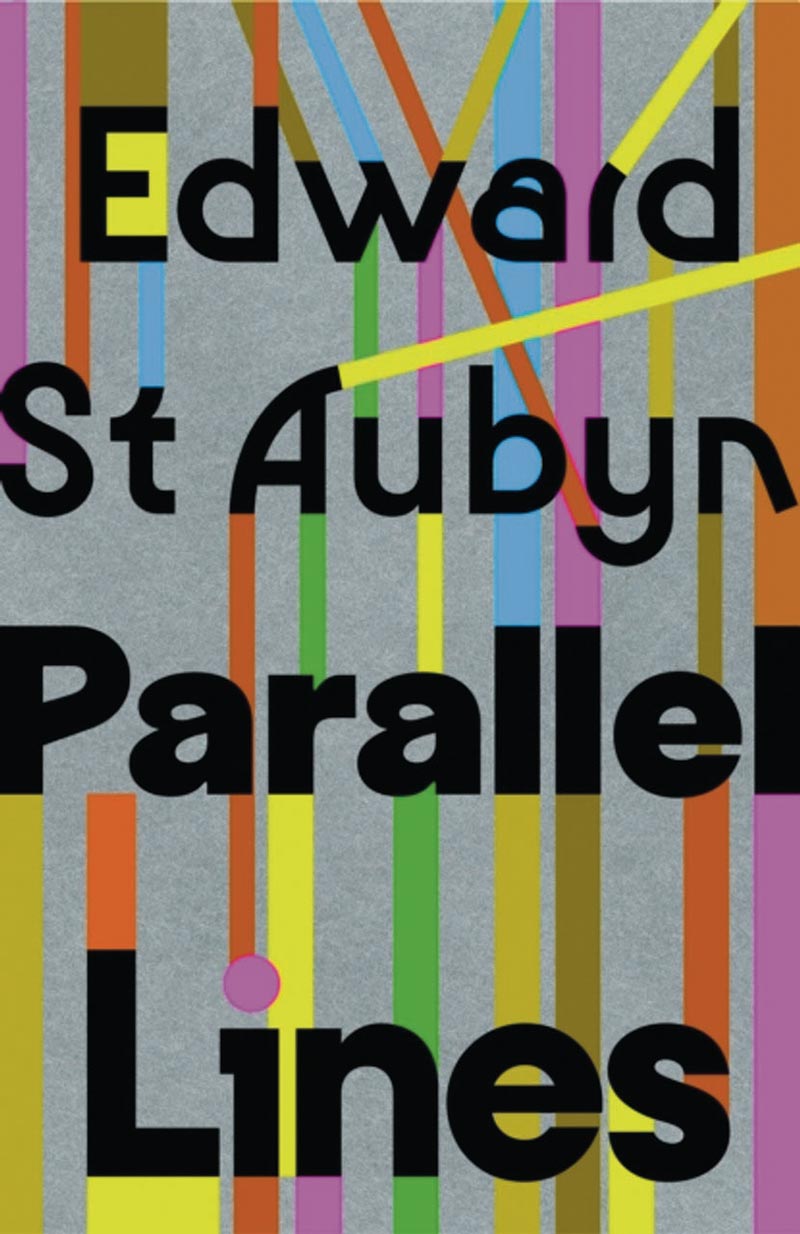“I think that maybe it’s not two circles but one,” says Sebastian, the protagonist of Edward St Aubyn’s scintillating new novel Parallel Lines to his newly discovered sister, Olivia. They are looking at a Rembrandt self portrait together, in one of the novel’s final passages. Behind the painter are circles, seemingly unconnected. Ostensibly, they are going “in opposite directions”, but to Sebastian’s eyes they meet together at the point where Rembrandt is standing. Only by going so far in those opposite directions, but being so apparently irreconcilable, do the circles converge.
Get the latest news and insight into how the Big Issue magazine is made by signing up for the Inside Big Issue newsletter
This is the perfect reconciling contradiction with which St Aubyn finishes a book that is full of them. On one level, Parallel Lines is a series of coincidences and awkward connections between the lives of its central characters: Martin, a therapist, Sebastian, his fascinating patient, Olivia his daughter, and a cast of others. With St Aubyn the sumptuous prose stylist that he is, such a tale of coincidences would certainly be delightful.
It would also be brilliantly funny – as this novel is. But we’ve been offered more. If critics and readers are wondering whether St Aubyn has broken free of the Patrick Melrose novels that made him famous, they should worry no longer. Here we have the proof: Parallel Lines is a beautifully convincing and affirming book.
Sebastian has never known Olivia, his “bio sis”. Both were adopted, but while Olivia has been brought up by two caring therapists into the trappings of liberal, middle-class comfort, Sebastian has been lost to a world of neglect and the torrential onslaught of his own mind. They meet their biological mother Karen in awkward circumstances. Olivia’s father Martin is hopeful that Sebastian is able to make his own way in the world but is pushed into professional and personal conflict by the revelation of his daughter’s relationship to his patient.
The conflicts are various: personal, professional, psychological, and literary. St Aubyn asks penetrating questions about the way his characters go about reconciling those conflicts. How do we find coherence, the sense of the two circles converging, in lives of false dichotomies, postmodern angst, multipolar worlds? How do people whose minds are, like Sebastian, “going very fast”, find consistency?







